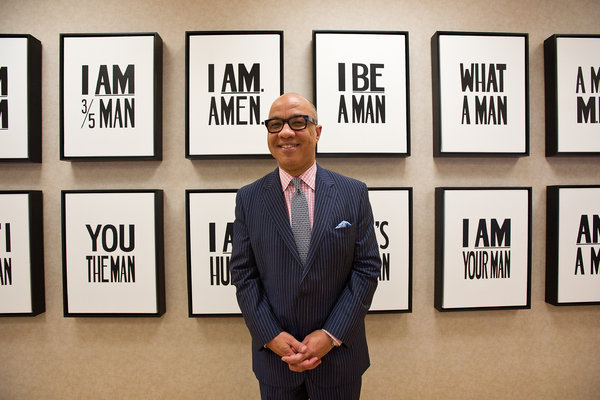
by Patricia Leigh Brown via nytimes.com
OAKLAND, Calif. — Even by the standards of the Bay Area, where sourcing local, organic chicken feed is seen as something of a political act, the spectacle of 30,000 fruit and nut trees being tended by formerly incarcerated orchardists is novel.
The green thumbs are there because of Planting Justice, a nine-year-old nonprofit that combines urban farming with environmental education and jobs for ex-offenders. From its headquarters in a pair of salvaged shipping containers on a dead-end street in East Oakland, Calif., Planting Justice has forged a trail in which revenue-generating businesses help subsidize the group’s core mission: hiring former inmates, many from nearby San Quentin State Prison, and giving them a “family sustaining” wage, along with health benefits and a month of paid leave annually. About half the total staff of 30 have served time in prison.
Two years ago, the group’s founders — Gavin Raders, 35, and Haleh Zandi, 34 — established an orchard on a weedy, vacant lot in this area of stubborn poverty, where the pruning is serenaded not by birds but droning trucks from the adjacent freeway. Planting Justice’s Rolling River Nursery now sells and ships some 1,100 varieties of potted trees and plants — among them, 65 different kinds of pomegranates, 60 varieties of figs, and loads of harder-to-find species such as jujubes (Chinese dates), Japanese ume plums and rue, an aromatic herb used in Ethiopian coffee. Signs warn visitors that they have entered a pesticide- and soda-free zone.
Though still young, the organic orchard generates roughly $250,000 of Planting Justice’s yearly $2 million operating budget. Another $250,000 comes from an edible landscaping business, in which roving horticulturalists hired by well-off clients install beehives, fruit trees, chicken coops, massive barrels for harvesting rain water and “laundry to landscaping” systems that funnel used washing machine water into the garden. The money helps subsidize pro bono edible landscapes in low-income neighborhoods.
In addition, there are the 2,000 or so “subscribers” who make monthly pledges to Planting Justice, which brings in another $450,000 annually, and grants from a variety of nonprofit organizations, among them the Kresge FreshLo program, the Thomas J. Long Foundation and Kaiser Permanente’s community benefit programs.
Planting Justice cultivates metaphors along with the food. “We’re composting and weeding the things in our lives we don’t need and fertilizing the parts of ourselves we do need,” Mr. Raders explained, sitting on a eucalyptus stump.
The guiding principle: kale, not jail.




